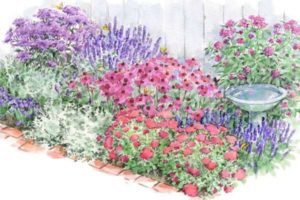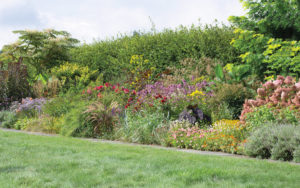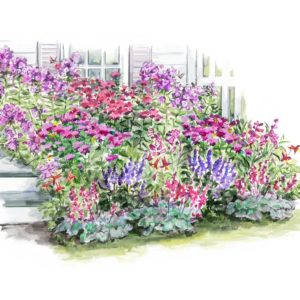Today’s Roses are not your grandmother’s finicky, high maintenance plants. Thanks to the efforts of talented and patient breeders, many of today’s Roses are vigorous plants that more readily shrug off pests and diseases and bring years of classic beauty, and often fragrance, to the garden. What this means for gardeners is that growing Roses is easier than ever. For novices or those who could use a refresher, our nursery manager Barb Pierson offers these simple tips:
Helpful Tips for Growing Roses
1. If you live in a colder climate, as we do here in Connecticut, try growing Roses close to the foundation of your home. This provides plants with some degree of winter protection. Walkways are also good spots provided there is full sun. This is generally defined as at least 6 hours per day of direct sunlight.
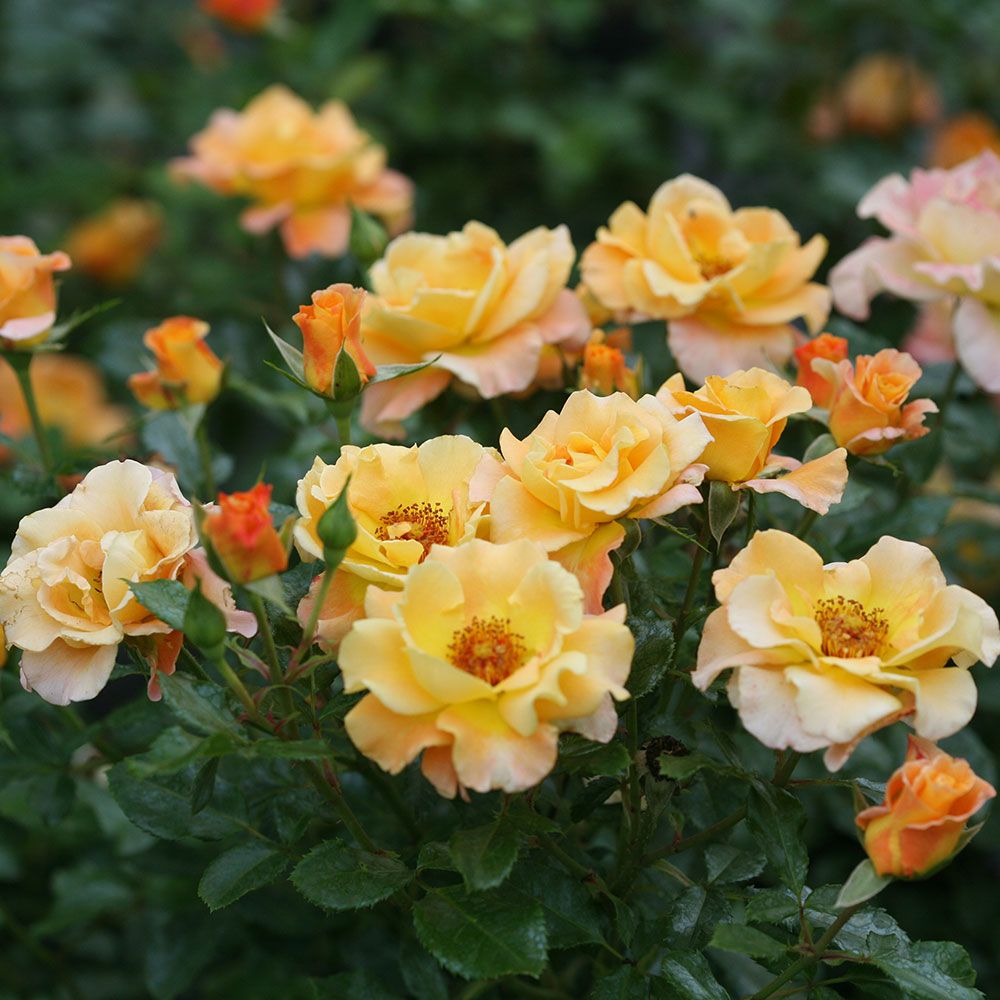
2. Remember that light changes as the angle of the sun shifts throughout the season. If you live in the upper half of the U.S., choose a site that will offer full sun year-round. The more sun you have, the more flowers your plants will produce. In the lower half of the U.S., choose spots with a little bit of afternoon shade. This protects blossoms from the scorching sun and helps your flowers last longer.
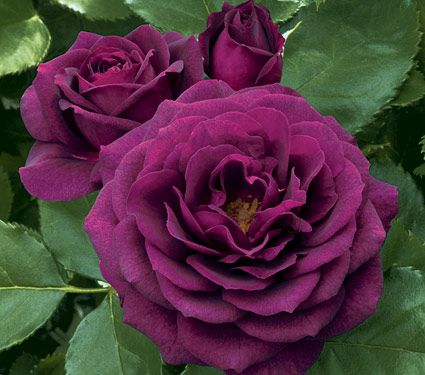
3. Roses love sandy soil. Amend your soil accordingly to provide the best footing for plants. Also choose sites with good drainage, which helps ensure that Roses overwinter more successfully. They do not like wet, cold feet.
4. Do not crowd your Roses. Plants that don’t have adequate air circulation and sunlight are more susceptible to powdery and downy mildew. Remove any spent foliage from the ground around your Roses. The leaves contain natural fungal spores that can transfer to your Roses.
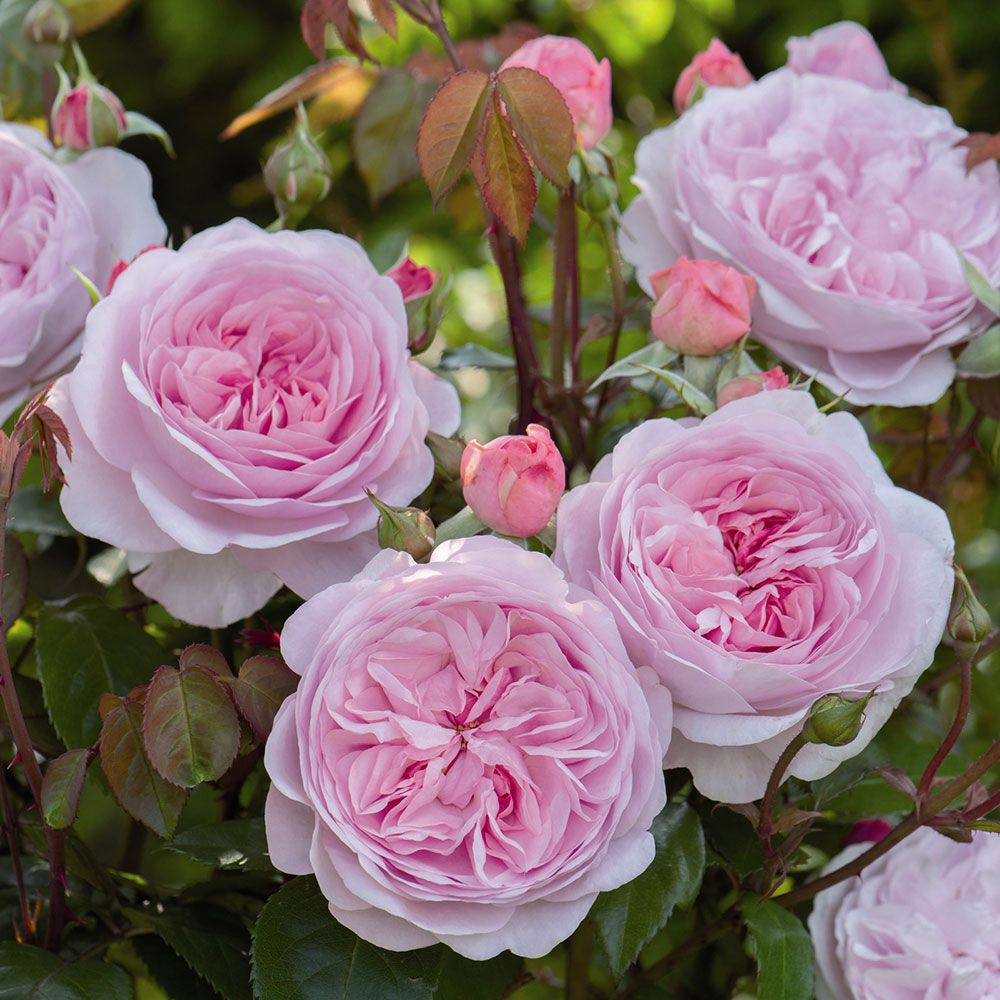
5. Artificial liquid fertilizers tend to promote plant growth that is soft and tender, and this type of foliage can attract aphids and other pests. Instead, rely on compost and natural fertilizers to feed your plants.
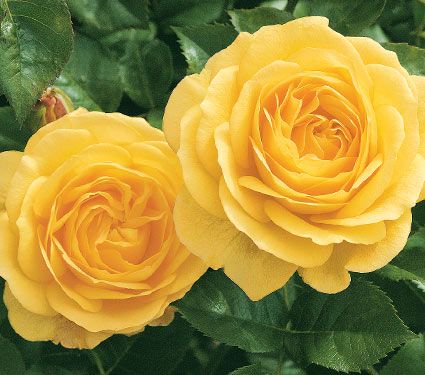
6. If problems develop, horticultural oil and insecticidal soap can help control insects and mildews.
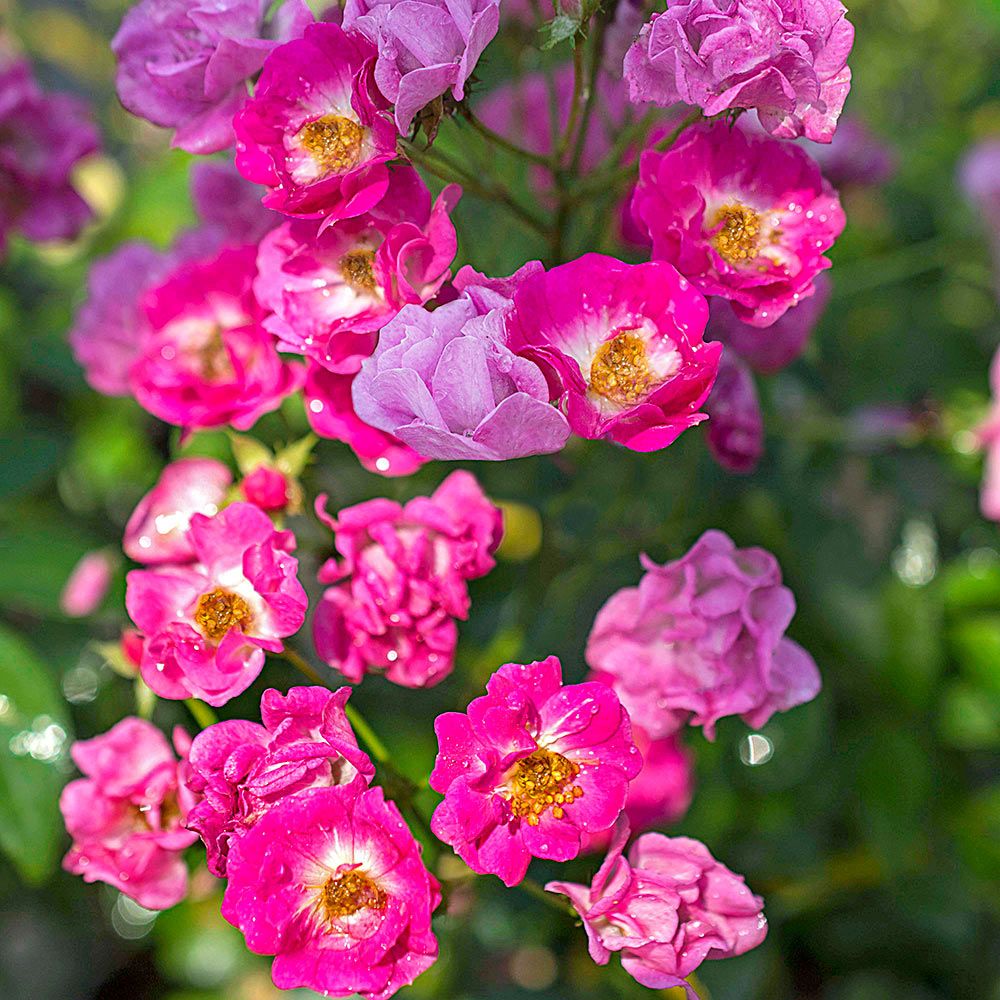
7. When pruning, be judicious. If you prune too hard in autumn, plants can be damaged beyond recovery. Instead, wait until spring, when plants begin to leaf out for the new season. (Roses are often not the earliest plants in the garden to respond to spring’s warming temperatures, so be patient.) Give the plant time to show its leaf buds then prune above that level.

